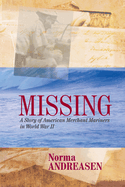
Binding:Hardback
Published:June 15, 2012
Noted aviation historian Robin Higham has written this comparative study of the evolution of the French and British air arms from 1918 to 1940 to determine why the Armée de l’Air was defeated in June 1940 but the Royal Air Force was able to win the battle over Britain in September. After analyzing the structure, men, and matériel of the air arms, and the government and economic infrastructure of both countries, he concludes that the French force was dominated by the Armée de Terre, had no suitably powerful aero engines, and suffered from the chaos of French politics. In contrast, the independent RAF evolved into a sophisticated, scientifically based force, supported by consistent government practices. Higham’s thorough examination,


